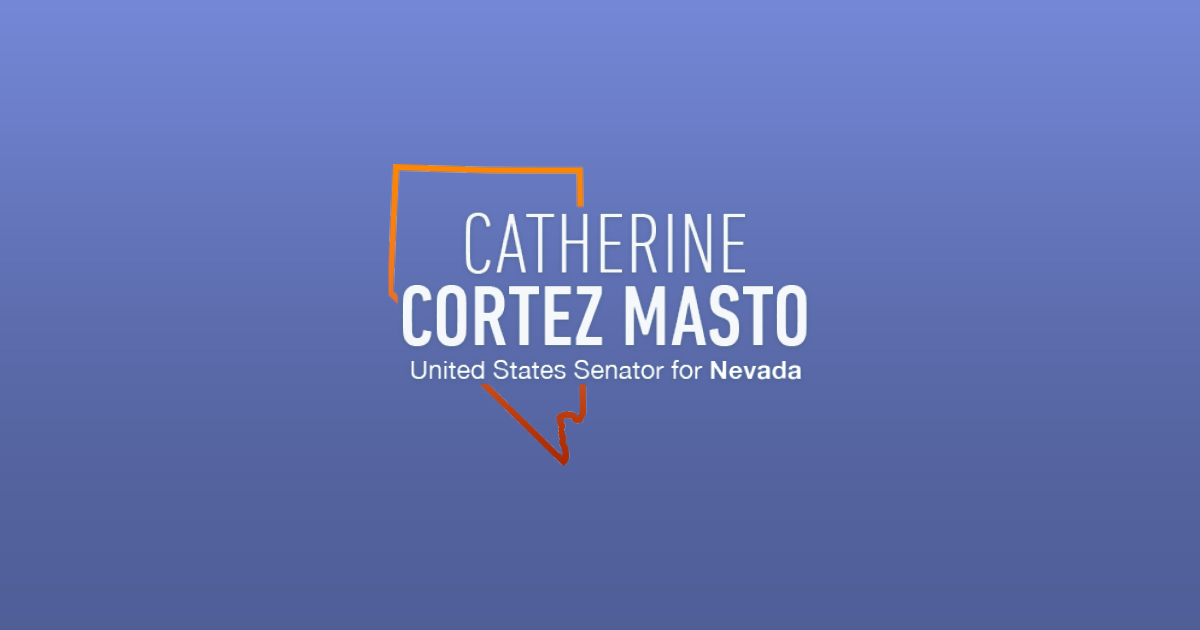Source: United States Senator for Nevada Cortez Masto
Washington, D.C. – Today, U.S. Senator Catherine Cortez Masto (D-Nev.) joined Senators Jacky Rosen (D-Nev.), Mike Rounds (R-S.D.), and a bipartisan group of 21 senators in a letter to the U.S. Secretary of Homeland Security requesting information on efforts to protect the United States from Russian cyber and disinformation threats. The letter references past Russian cyber operations – such the SolarWinds attack – as evidence of their history of engaging in malicious cyber activities that target the United States.
“The Russian government often engages in malicious cyber activities, including espionage, intellectual property theft, disinformation, propaganda, and cyberattacks, that target the United States. In response, the United States government has imposed sanctions on Russian security personnel and agents for various cyberattacks, including the SolarWinds cyber espionage campaign, and for acts of disinformation and interference, including Russian government-directed attempts to influence U.S. elections,” wrote the Senators.
“Given Russia’s history of disruptive cyber and disinformation activities, we are concerned that the United States may be targeted in retaliation for actions taken to impose costs on Russia for its invasion of Ukraine,” the Senators’ letter continued. “As we stand with the Ukrainian people, impose crushing sanctions on Vladimir Putin’s regime, and push for additional security assistance to help Ukraine defend itself, we also must work to secure the homeland from retaliatory cyber activities.”
Senator Cortez Masto has consistently advocated for the U.S. to stand up to Russia aggression and support Ukrainian sovereignty. Last month, she voted in support of sanctions against Russia and its Nord Stream 2 pipeline, and she supported similar sanctions in the 2020 and 2021 National Defense Authorization Acts. She also has been a strong advocate for stronger defenses against cyber-attacks, leading legislation to protect small businesses from expensive data breaches.
The full text of the letter can be found here.
###
